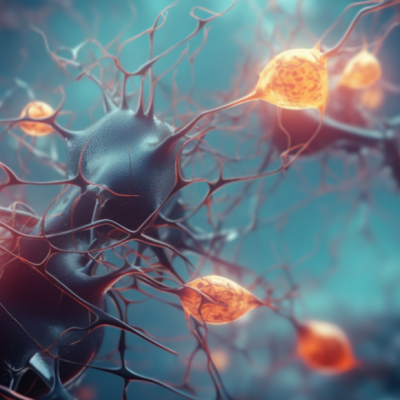A recent study conducted by the University of California, San Francisco (UCSF) has found that a genetically derived higher muscle mass can reduce the risk of dementia. It has long been known that obesity increases the risk of dementia, possibly due to poor blood circulation in the brain, particularly in regions responsible for memory and learning. Additionally, there is evidence that a lower muscle mass also increases the risk of dementia. To investigate the relationship between muscle mass and dementia risk, the researchers analyzed health data from over 450,000 participants in the UK Biobank. The study found that a higher genetically derived muscle mass was associated with a moderate but statistically significant reduction in dementia risk.
The researchers used bioimpedance measurements to determine the muscle and fat mass of the participants in their arms and legs, adjusting the results for age, gender, and genetic ancestry. They also used Mendelian randomization, a method that uses genetic variants as proxies for specific risk factors, to identify over 500 gene variants associated with muscle mass. None of these gene variants were found in the APOE gene region, which is associated with dementia. The study found that neither body fat nor cognitive performance could explain the reduced dementia risk associated with muscle mass.
While the study provides new evidence of a causal relationship between muscle mass and dementia risk, the researchers caution that further investigations are necessary to understand the biological basis and health policy implications. They emphasize that their results must be confirmed by independent studies before they can have an impact on public health or clinical practice. Nonetheless, the study highlights the importance of maintaining a healthy muscle mass to reduce the risk of dementia.










